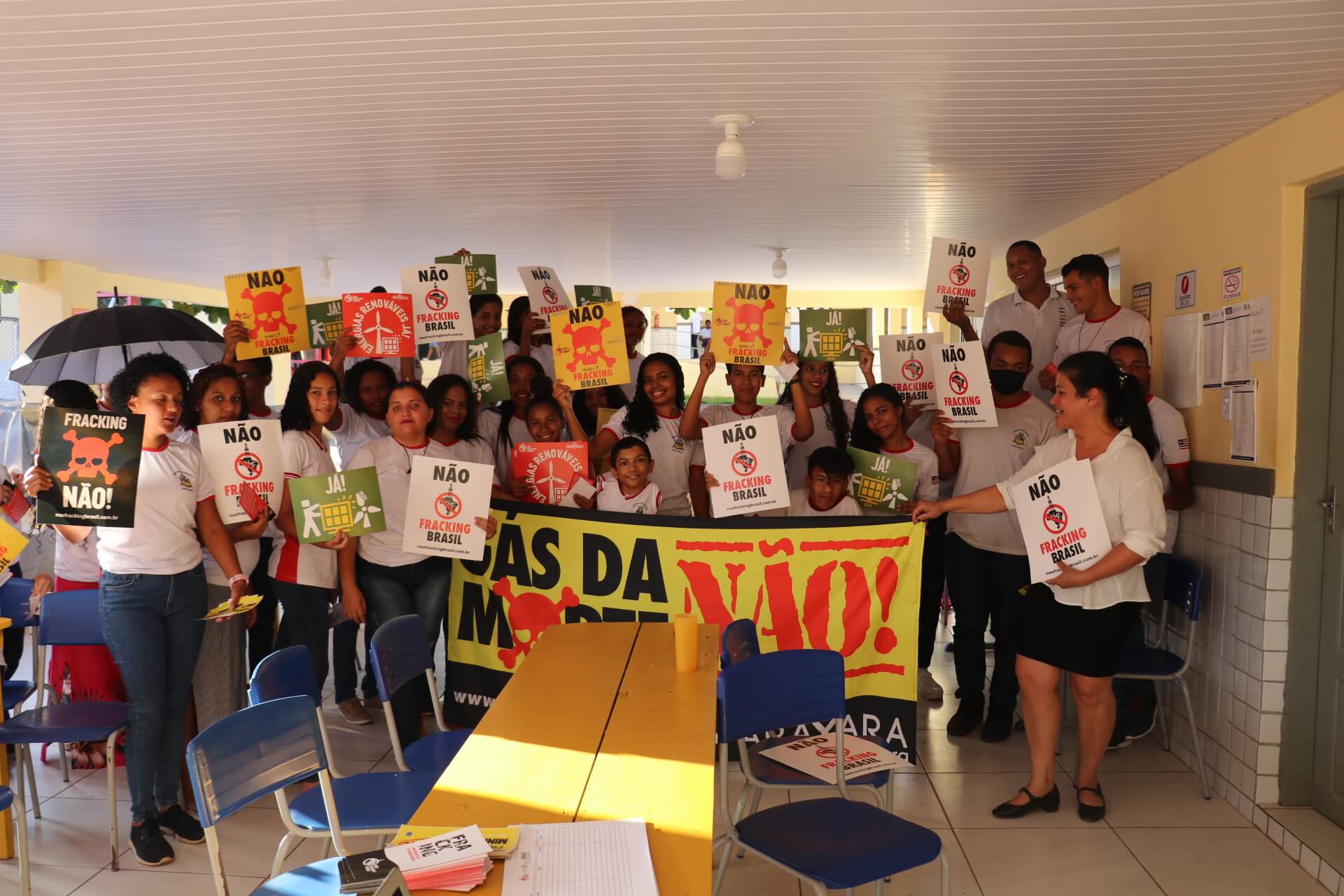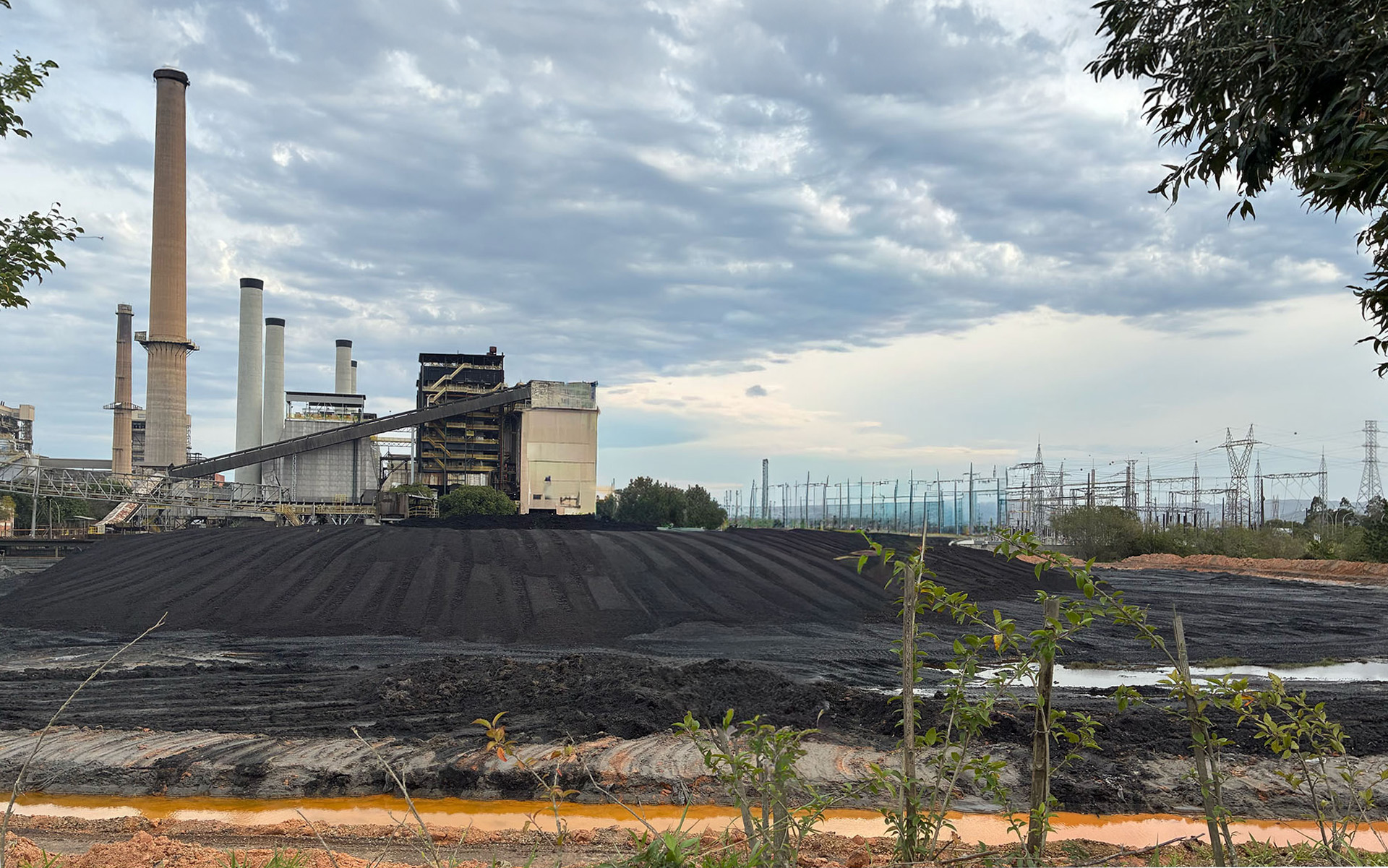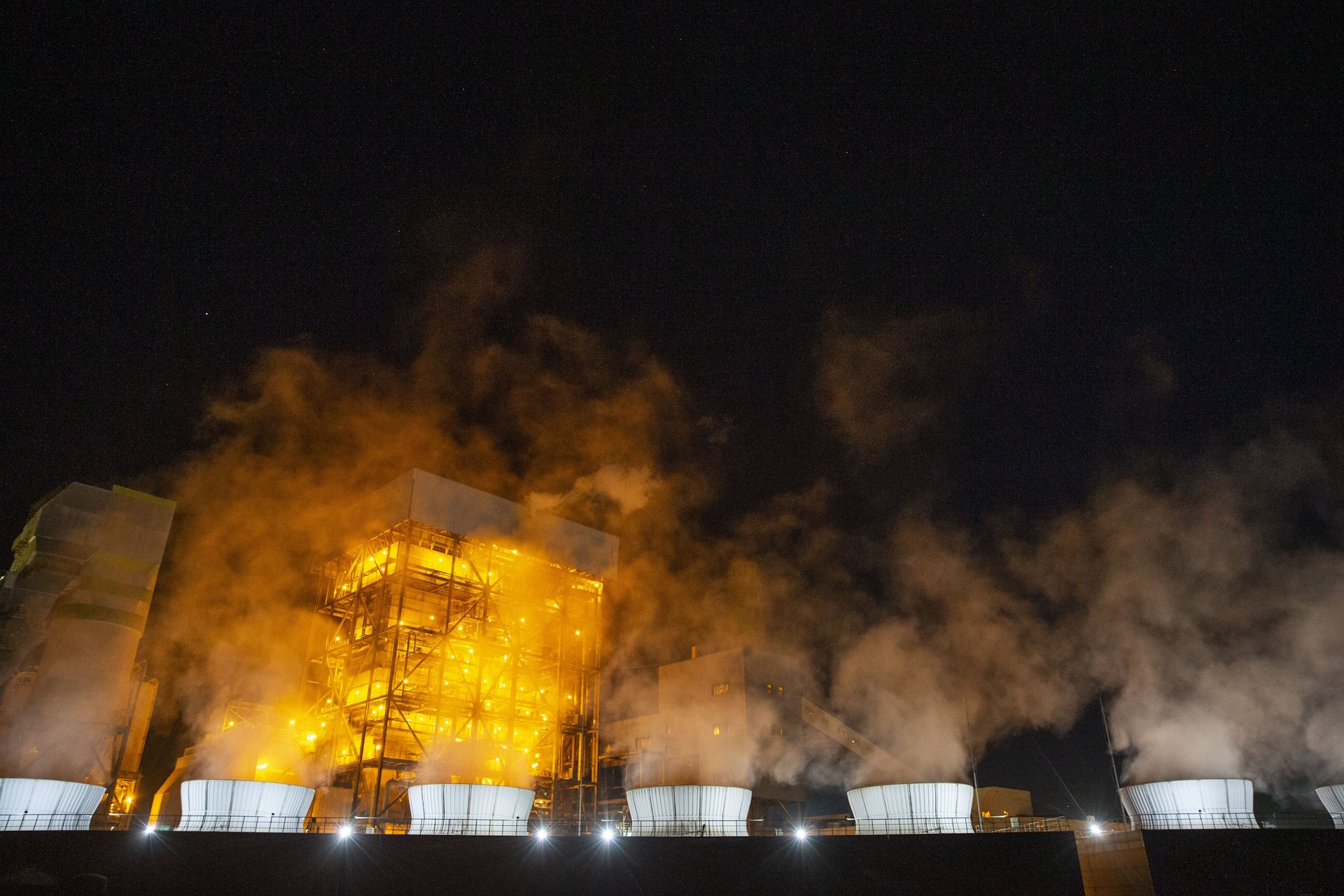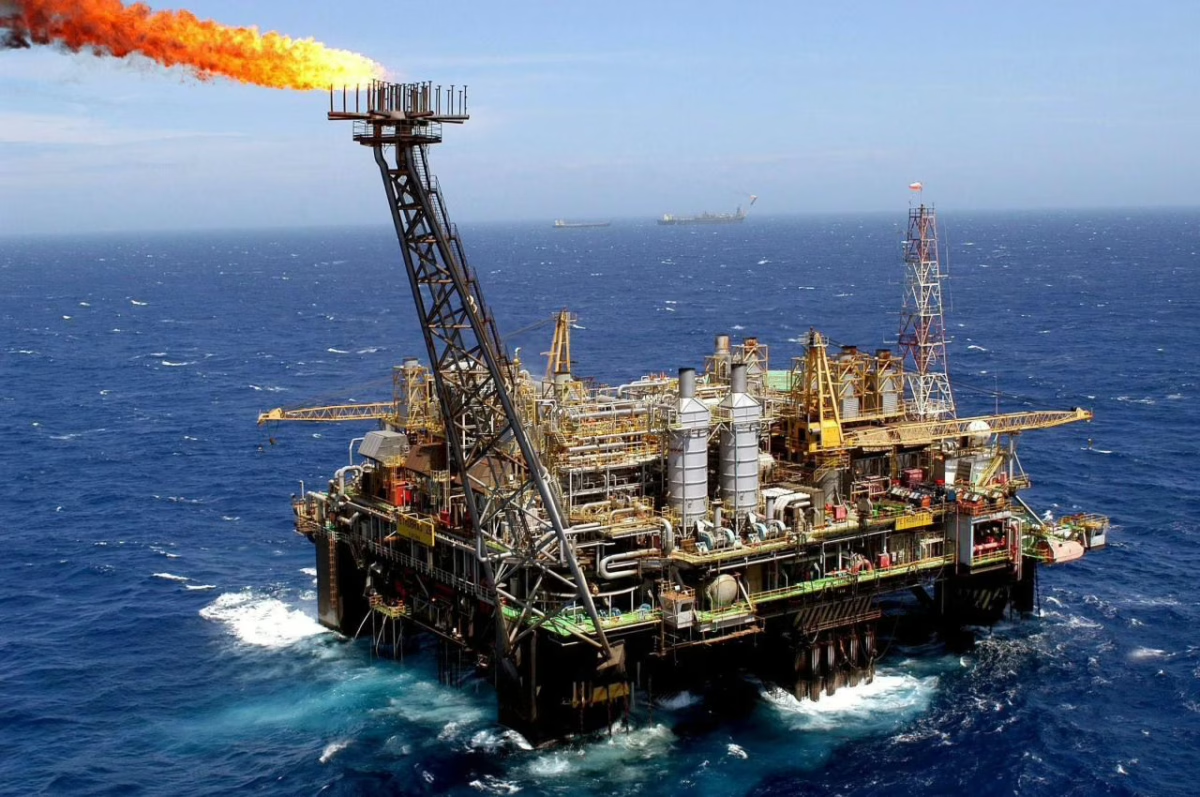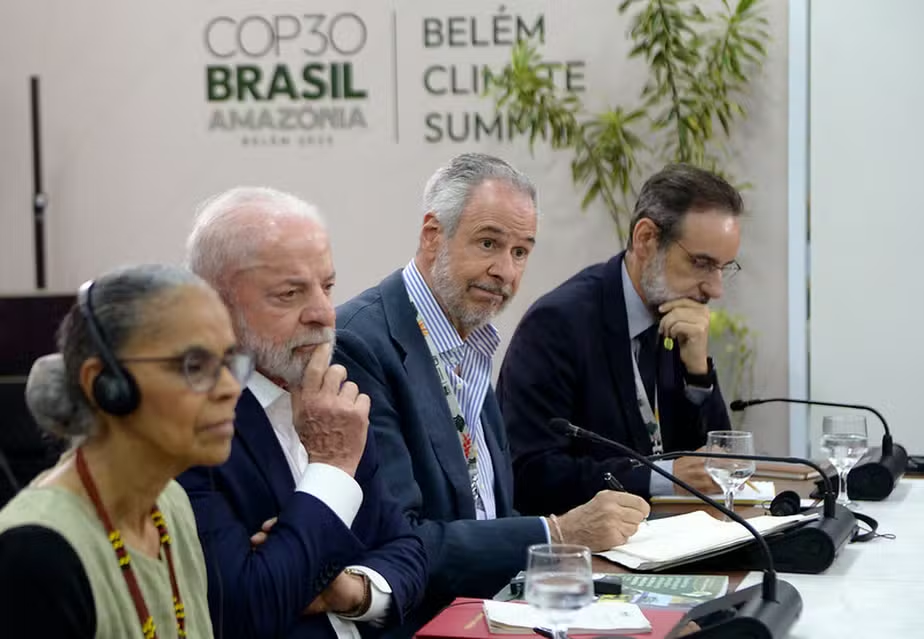City is the first in Maranhão to ban fracking in its territory
What is fracking?
Fracking – also called hydraulic fracturing – is a process that involves injecting large volumes of water, chemicals and sand at high pressure into layers of rock underground to release trapped natural gas. Although it is a technique already in use in several countries, it is controversial for causing environmental and ecological damage, including groundwater contamination, release of greenhouse gases, induced earthquakes, etc.
São João dos Patos, in Maranhão, became the first city in the state to ban fracking. This important achievement was the result of the determination of councilman Tio Jardel, regional coordinator of the campaign of COESUS – Coalition No Fracking Brazil for Water and Life, a campaign of the Arayara International Institute, which presented the law in the city council.
The COESUS team was again in São João dos Patos on September 12, 2022 to congratulate the councilman and reinforce the importance of the decision made by the 2016 parliamentarians to approve the law against fracking. Technician Suelita Röcker also participated in the visit to the city council, highlighting the need to protect life and natural resources in the region. The current councilmen, even with the Anti-fracking law in effect, were unaware of the technique and its dangers.
Besides São João dos Patos, the COESUS team visited the neighboring towns of Sucupira do Riachão and Paraibano, where the city councilors received the group enthusiastically and committed to introduce the law against fracking in their respective municipalities. This joint mobilization demonstrates the importance of raising awareness about the risks of this practice and the union between different cities to protect the environment.
The expedition to Argentina, undertaken by councilman Tio Jardel in partnership with the COESUS technical team, was a crucial moment to strengthen the fight against hydraulic fracturing. The councilman was able to witness firsthand the devastating effects caused by this technique in Argentinean territory. According to the congressman, from the airport he came across large billboards displaying impacting images of dead cattle as a direct result of fracking.
The prohibition of fracking in São João dos Patos is a significant step forward in the defense of the environment and the quality of life of its citizens. It is expected that other cities in Maranhão will follow this example and adopt similar measures to protect their communities and ecosystems. The awareness and engagement of society are essential to combat this harmful technique and seek more sustainable alternatives for energy production.

